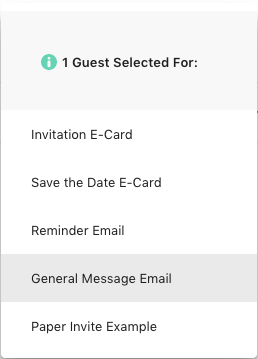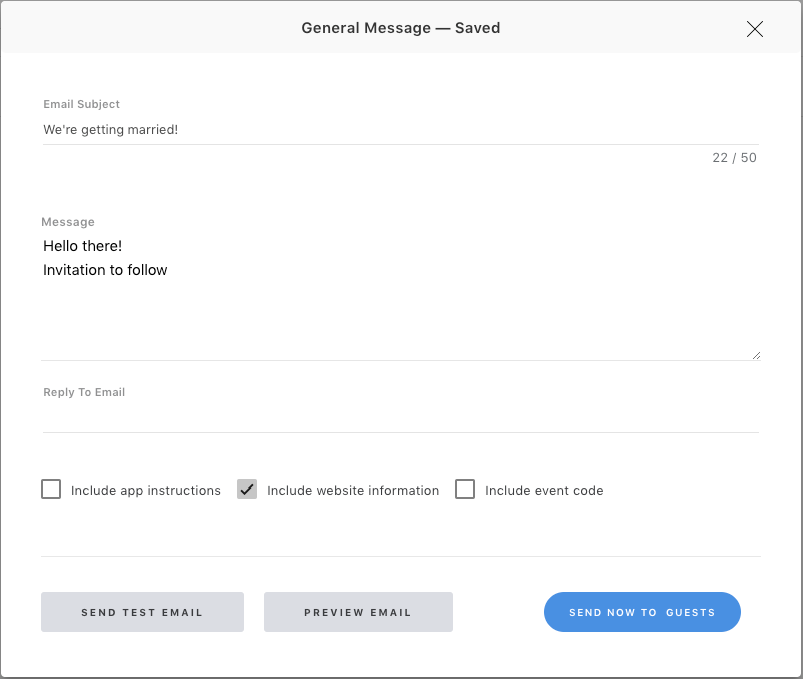Last Updated on April 8, 2024 by Joy Editors
If you aren’t used to hosting friends and family with allergies or dietary restrictions, you may be worried when it comes to feeding the guests at your wedding. Does anyone have any food allergies? Will vegetarians have enough to eat? Do you need to provide gluten-free options? It can be difficult to know how much you need to do to make to be sure that everyone is well fed.
When it comes to guests with allergies or dietary restrictions, the most important thing is communication. Asking your guests if they need any accommodations and giving them all the information they need about your food options will go a long way in making everyone’s experience better. Here are our 6 essential tips for being a great host to all of your guests, whatever their dietary needs.
1. Request info on dietary restrictions in your invitations
The first step is to get an idea of how many guests may have a need for special menu options. Ask guests to list any allergies or dietary restrictions with their RSVP. Joy allows you to customize RSVP questions and creates a column in your guest spreadsheet for each one. This makes it easy to see at a glance which guests have dietary restrictions and what they are.
2. Go with a buffet
A buffet can allow your guests to choose what foods work for them. You can provide plenty of dishes that are nut-free, gluten-free, Kosher, etc., and direct guests to the right place to find them. Just be sure to follow #3 and #4 below!
3. Label all of the dishes
Labelling dishes that are appropriate for different dietary restrictions can be a great help to your guests. You may need to do a bit of research to find out which ingredients are problematic. You can also list all of the ingredients of a dish on its label, so guests can be their own guide. If you’re going with this option, just make sure to be thorough!
If you’re working with a caterer, make sure to ask about how they accommodate for dietary restrictions. And if you’re providing a seated meal, make sure gluten-free, nut-free, vegan, etc. options are clearly marked on the menu.
4. Keep dishes well separated
If you have guests with food allergies or celiac disease, it can be especially important to avoid cross-contamination. Guests with any dietary restrictions will also no doubt appreciate their options being relatively set apart from other dishes. If you are self-catering, also make sure to take the proper precautions to avoid cross-contamination while cooking.
5. Provide plenty
Appealing vegetarian or gluten-free options will probably also attract the interest of guests without dietary restrictions. It might be easier to provide extra than to police the buffet line and tell guests what not to eat! Following #4 above can also help make sure guests don’t unwittingly snap up all of the Halal options.
6. Trust your guests
Make it easy for your guests to find food options that work for them without expecting that you need to hold their hand. Your guests are used to having to make decisions about what to eat, after all. You just need to communicate the options to them clearly and listen to any questions and concerns they have. You don’t have to provide a separate main dish for every dietary restriction, but planning ahead and making sure everyone has something to eat can only help your guests feel taken care of and have a great time.
Get Started – Send a General Message EmailIf you need to communicate directly with guests about how you can accommodate for dietary restrictions, your Joy wedding site makes it easy! You can send a general message email to an individual or group of guests. Send a general message email:
|




